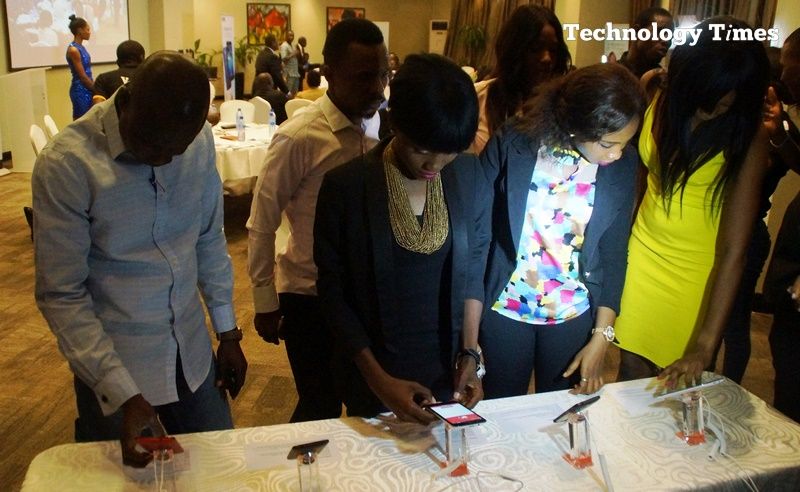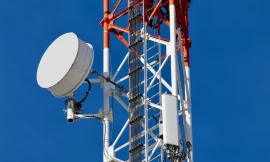With 90% of smartphones sold in Nigeria priced below $200, Asian smartphone makers are reaping the rewards of the country’s growing demand for mobile devices, according to a new telecoms report.
The telecoms industry in Nigeria is set to transform the country’s economy by 2025, according to the authors of “The Telecommunications Industry in Nigeria 2022,” a new report by ResearchAndMarkets.com.
“About 63 million phone devices are sold in Nigeria each year,” the report authors say, “and nearly 90% of smartphone sales in 2021 cost less than US$200. There is no device manufacture in Nigeria and manufacturers from Asia dominate the Nigerian mobile market.”

“About 63 million phone devices are sold in Nigeria each year,” the report authors say, “and nearly 90% of smartphone sales in 2021 cost less than US$200. There is no device manufacture in Nigeria and manufacturers from Asia dominate the Nigerian mobile market.”
Smarphone makers driving Nigeria telecoms market growth
China’s Transsion brands Infinix, itel and Tecno, Samsung and Xiaomi have significant market shares, as mobile phones remain the main platform for voice and data connectivity with the majority of Nigerians accessing the internet through mobile phones, the report explains.
The report, which offers insights into the state and size of the sector, including trends, regulations, government initiatives, and developments, reckons that Nigeria’s telecoms sector has a growing capacity to drive the country’s transformation agenda towards a digital economy.
With a population of over 200 million people, Nigeria had over 195 million subscribers in 2021, according to the report which says the telecoms sector is growing due to a rising urban population and increasing adoption of smartphones, services, and apps.
Four big mobile operators, MTN, Airtel, Globacom (GLO), and 9mobile, continue to dominate the sector and post revenue growth. However, local internet service providers have yet to recover from the pandemic. Increasing cost pressures driven by high energy costs, rising inflation, local currency depreciation, and scarcity of foreign currency remain a challenge for operators in the sector.
The report finds that in Nigeria, the growth of e-services and cloud computing is fuelling demand for data services. It identifies the expansion of the 4G network and rollout of 5G as key drivers of growth, along with the growing need for mobile base stations and cell towers to support these networks. There is growing interest in fibre following increased bandwidth capacity, and mobile financial services are gaining widespread use and acceptance.
Despite the growth potential, the report notes several challenges, including multiple taxation, cybercrime and IT security, corruption, economic environment, labour, environmental issues, and technology, research and development (R&D) and innovation.
The report includes profiles of 23 companies, including major players MTN, Globacom, Airtel, and 9mobile, and other notable players such as 21st Century, IHS Towers, Inq.Digital, ipNX, and MainOne Cable Company.
Continue Reading
Source of Article

